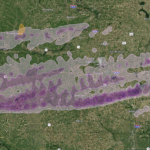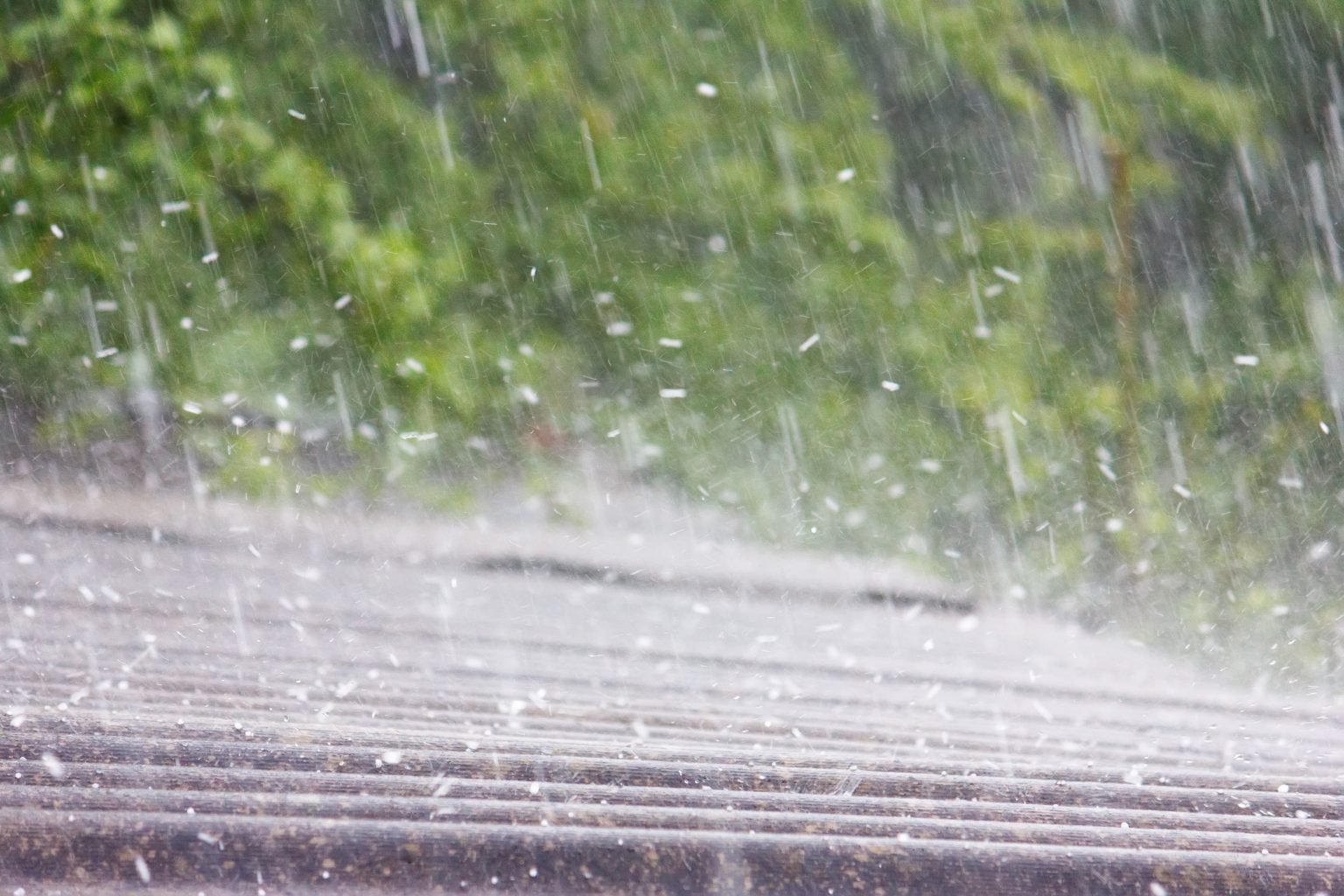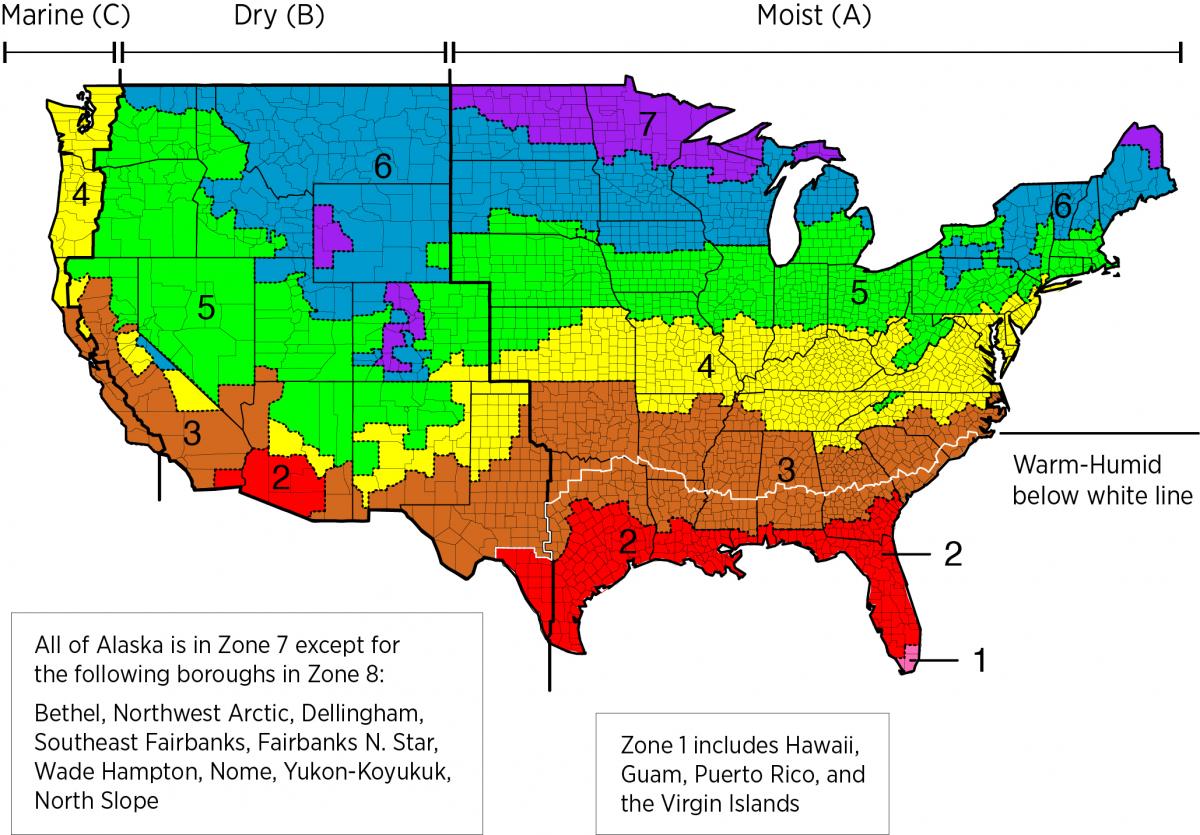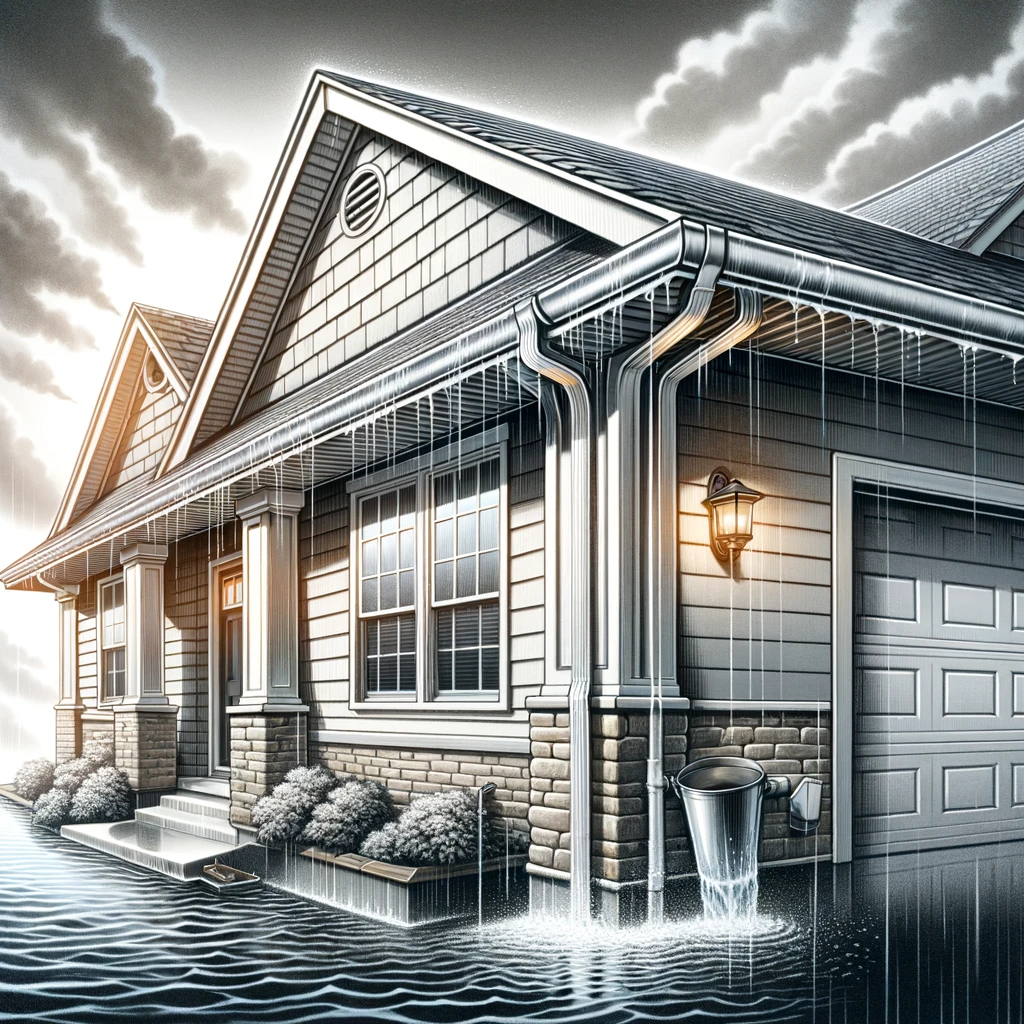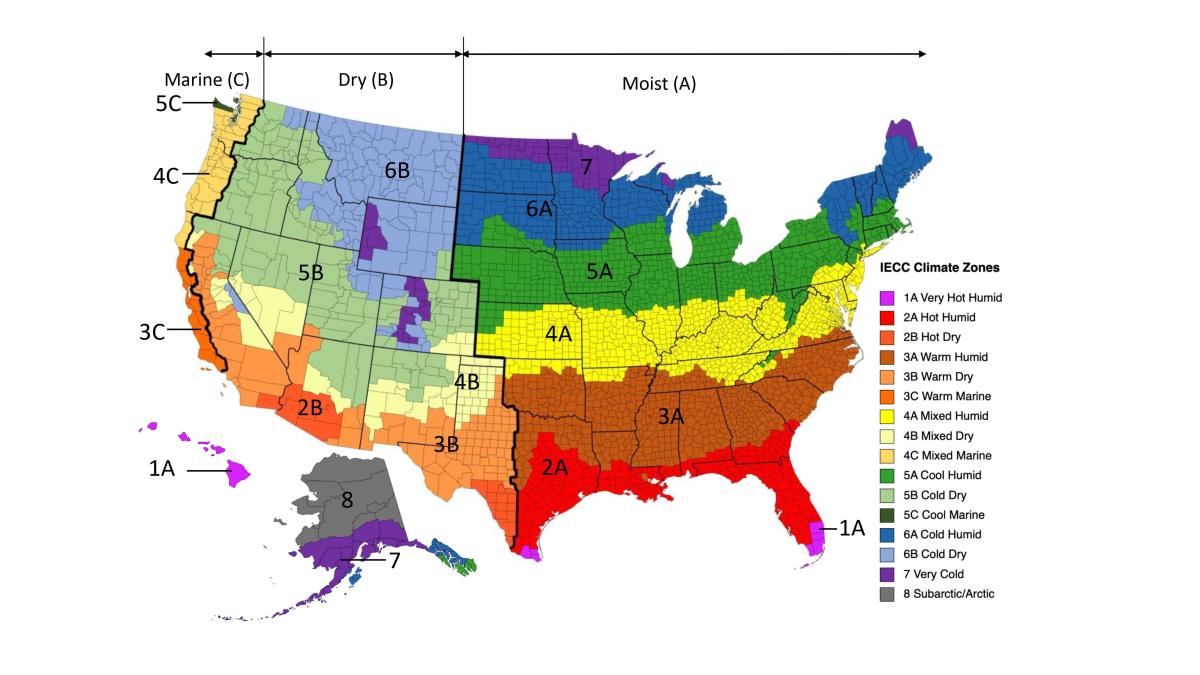As homeowners in the Midwest, we know that severe weather can strike at any time, and it’s important to be prepared for the inevitable. Storm damage can range from minor roof leaks to major structural damage, and the cost of repairs can add up quickly. However, there are steps you can take to protect your home and minimize the damage in the event of a storm.
- Inspect your roof regularly: Your roof is the first line of defense against severe weather, so it’s important to make sure it’s in good condition. Look for missing or damaged shingles, cracked or missing flashing, and other signs of wear and tear. If you notice any issues, have them repaired as soon as possible to prevent further damage. For more information on roof inspection, check out this article from the National Roofing Contractors Association (NRCA) https://www.nrca.net/consumer-information/roofing-inspection
- Trim trees and clear debris: Dead or overgrown trees can become hazardous in high winds, so it’s important to keep them trimmed and clear of your home. Additionally, make sure to clear gutters and downspouts of debris to prevent water damage. The International Association of Arboreculture (IAA) provides a helpful guide on tree maintenance https://www.treesaregood.com/treecare/index.aspx
- Secure loose items: High winds can cause damage to homes by picking up loose items such as patio furniture, grills, and even trash cans, and throwing them into windows or walls. Secure these items before a storm hits. The Federal Emergency Management Agency (FEMA) offers tips on how to prepare your property for a storm https://www.fema.gov/disasters/severe-storms/prepare-your-property
- Prepare for power outages: Severe storms can often cause power outages, so it’s a good idea to have a backup generator or a supply of flashlights, batteries, and other essentials on hand. The American Red Cross provides a checklist for emergency preparedness https://www.redcross.org/get-help/how-to-prepare-for-emergencies/types-of-emergencies/power-outage.html
- Have a plan in place: Before a storm hits, make sure you and your family have a plan in place for evacuation or shelter. It’s also important to have insurance that covers storm damage so that you’re financially protected in case of an emergency. The Insurance Information Institute provides information on what to look for in a homeowner’s insurance policy https://www.iii.org/article/what-to-look-for-in-a-homeowners-insurance-policy
If you do experience storm damage, the team at https://www.alliedemergencyservices.com/ is here to help. We offer emergency repair services and can work with your insurance company to help you get your home back to normal as quickly as possible.
In conclusion, by following these tips and being prepared, you can minimize the damage to your home in the event of a severe storm. Remember to always be vigilant and keep safety a top priority.
